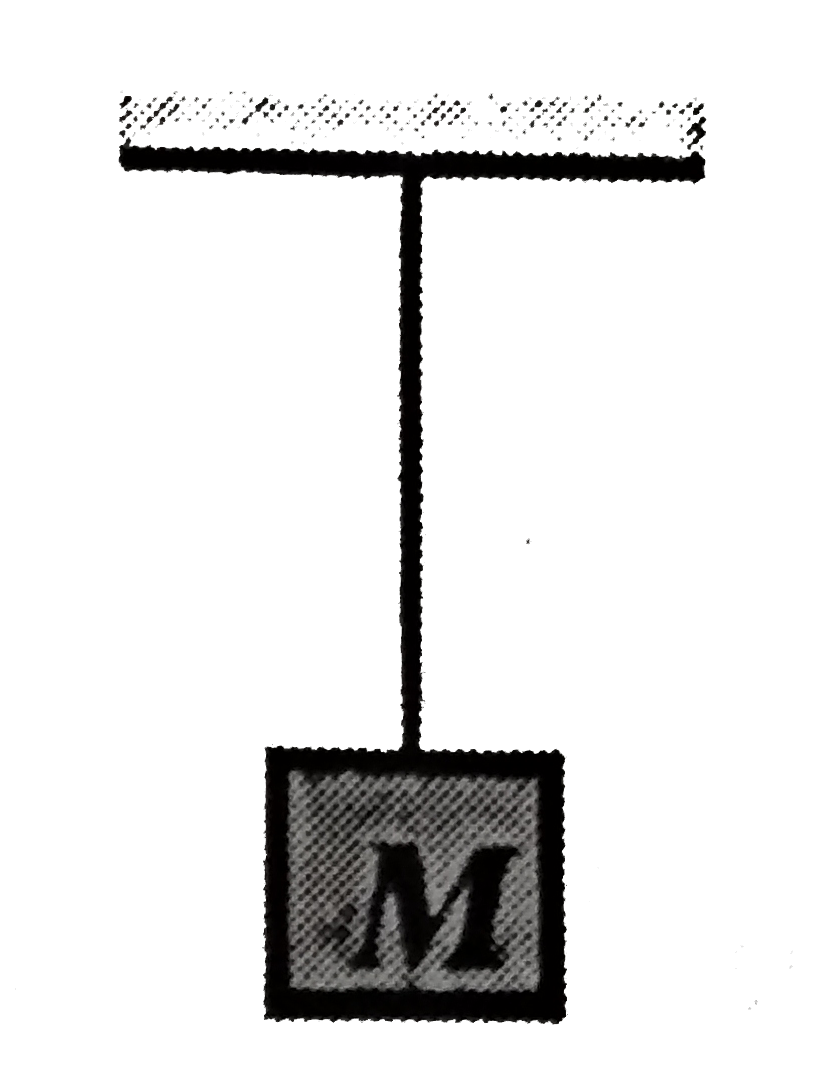Explain the motion of a rocket with the help of Newton's third law.
To explain the motion of a rocket using Newton's third law of motion, we can break down the explanation into clear steps:
1. Understanding Newton's Third Law:
- Newton's third law of motion states that for every action, there is an equal and opposite reaction. This means that forces always occur in pairs.
2. Action Force in Rocket Motion:
- When a rocket is launched, it burns fuel which produces high-pressure gases. This process creates an action force where the rocket exerts pressure on these gases.
3. Expelling Gases:
- The rocket expels these gases downwards at high speed. This expulsion of gases is the action force that the rocket generates.
4. Reaction Force:
- According to Newton's third law, the expulsion of gases creates an equal and opposite reaction force. This reaction force pushes the rocket upwards.
5. Resulting Motion:
- As a result of the reaction force, the rocket moves in the opposite direction (upwards) to the direction in which the gases are expelled (downwards).
6. Continuous Motion:
- As long as the rocket continues to expel gases, it will keep moving upward due to the continuous action-reaction pairs at play.
Summary:
In summary, the motion of a rocket can be explained by Newton's third law of motion, where the action of expelling gases downwards results in an equal and opposite reaction that propels the rocket upwards.
---
- Newton's third law of motion states that for every action, there is an equal and opposite reaction. This means that forces always occur in pairs.
- When a rocket is launched, it burns fuel which produces high-pressure gases. This process creates an action force where the rocket exerts pressure on these gases.
- The rocket expels these gases downwards at high speed. This expulsion of gases is the action force that the rocket generates.
- According to Newton's third law, the expulsion of gases creates an equal and opposite reaction force. This reaction force pushes the rocket upwards.
- As a result of the reaction force, the rocket moves in the opposite direction (upwards) to the direction in which the gases are expelled (downwards).
- As long as the rocket continues to expel gases, it will keep moving upward due to the continuous action-reaction pairs at play.
In summary, the motion of a rocket can be explained by Newton's third law of motion, where the action of expelling gases downwards results in an equal and opposite reaction that propels the rocket upwards.
Topper's Solved these Questions
- LAWS OF MOTIONBook:ICSEChapter:LAWS OF MOTIONExercise:EXERCISE - 3(D) (Mutliple Choice type)
Explore 2 Videos
- LAWS OF MOTIONBook:ICSEChapter:LAWS OF MOTIONExercise:EXERCISE - 3(D) (Numerical)
Explore 3 Videos
- LAWS OF MOTIONBook:ICSEChapter:LAWS OF MOTIONExercise:EXERCISE - 3(C) (Numericals)
Explore 23 Videos
- ICSE ANNUAL EXAMINATION -2020Book:ICSEChapter:ICSE ANNUAL EXAMINATION -2020Exercise:SECTION-II
Explore 45 Videos
- LIGHTBook:ICSEChapter:LIGHTExercise:TOPIC 2 Spherical Mirrors (4 Marks Questions )
Explore 9 Videos
Similar Questions
Knowledge Check
Which of the following statement is not true regarding the Newton's third law of motion?
ATo every action there is always an equal and opposite reaction.BAction and reaction act on the same body.CThere is no cause-effect relation between action and reaction.DAction and reaction forces are simultaneous forces.
Give qualitative definition of force on the basis of Newton's first law of motion.
View SolutionConsider a book lying on a table. The weight of the book and the nromal force by the table on the book are equal in magnitude and opposite in direction. Is this an example of Newton's third law?
View SolutionConsider a block suspended from a light string as shown in the digure. Which of the following pairs of forces constitute Newton's third law pair ?

View SolutionIn accordance with Newton’s third law of motion -
View SolutionWhich one of the following cannot be explained on the basis of Newton's third law of motion ?
View Solution(A) : Newton's third law of motion is applicable only when bodies are in motion.
(R) : Newton's third law is not applicable to all types of forces. Like gravitational, electric or magnetic forces etc.
View SolutionIn case of rocket propulsion, choose the correct options. a) momentum of rocket always remains constant. b) Newton's third law is applied. c) If exhaust velocity and rate of burning of mass is kept constant, then acceleration of rocket will go on increasing. d) If exhaust velocity and rate of burning of mass is kept constant, then thrust force will be constant.
View Solution